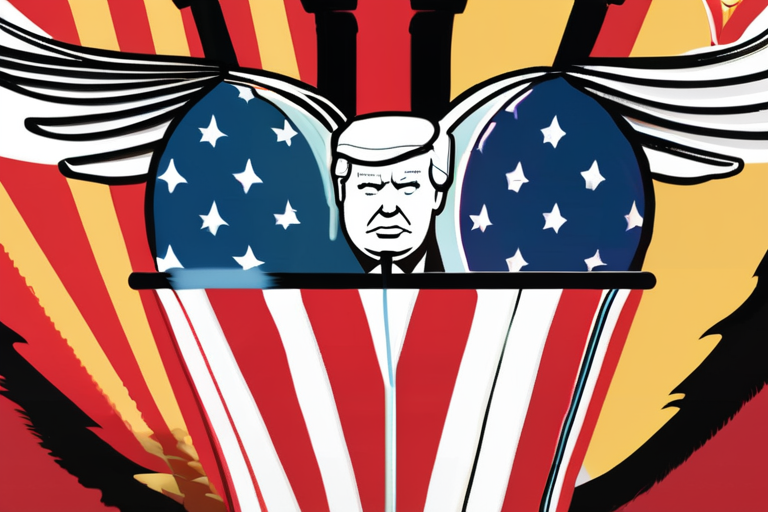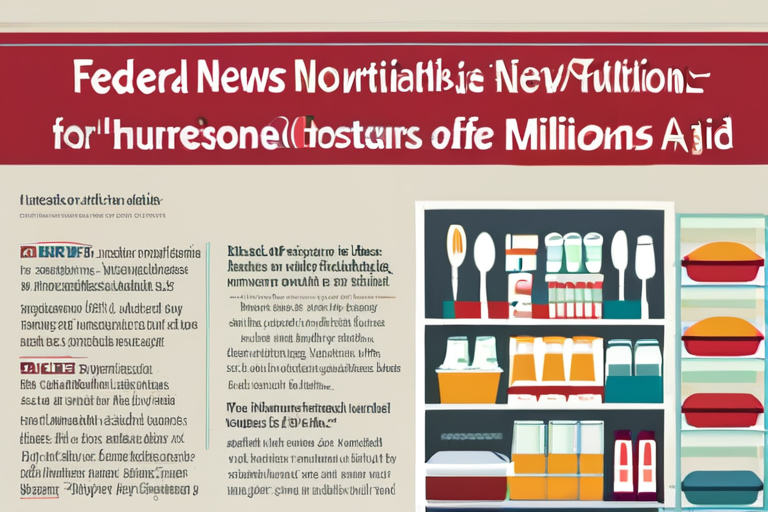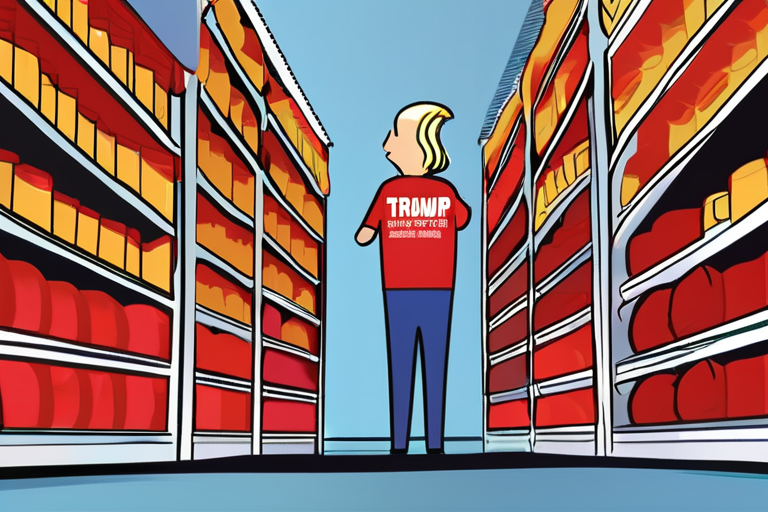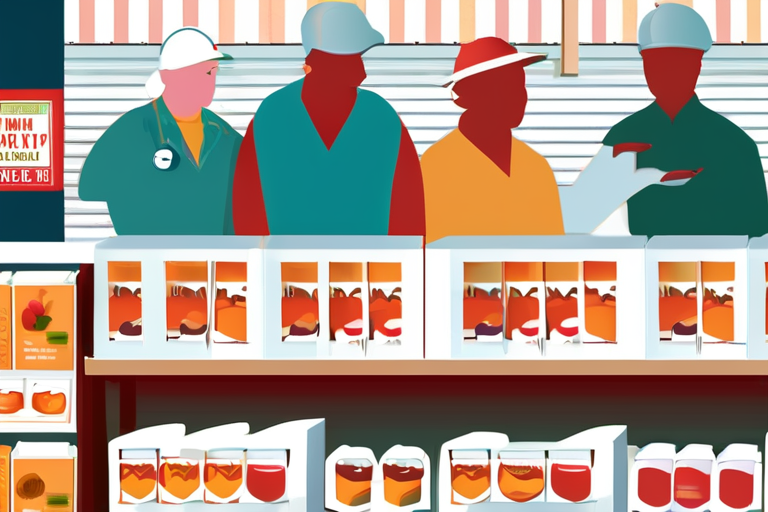Trump Administration Cancels 94M Pounds of Food Aid, Leaving Millions Unmet


Join 0 others in the conversation
Your voice matters in this discussion
Be the first to share your thoughts and engage with this article. Your perspective matters!
Discover articles from our community

 Hoppi
Hoppi

 Hoppi
Hoppi

 Hoppi
Hoppi

 Hoppi
Hoppi

 Hoppi
Hoppi

 Hoppi
Hoppi

Supreme Court Allows Trump to Withhold $4 Billion in Foreign Aid Amid Global Outcry The US Supreme Court has cleared …

Hoppi

Federal Shutdown Threatens Nutrition Aid for Millions of New Parents A federal shutdown could soon impact nutrition assistance for millions …

Hoppi

BREAKING NEWS: Supreme Court Clears Trump to Block $4 Billion in Foreign Aid Amid Global Outcry The US Supreme Court …

Hoppi

MAINE FOOD PANTRIES ON BRINK OF COLLAPSE Multiple food pantries across Maine are facing a critical volunteer shortage and funding …

Hoppi

Trump USDA Ends Annual Hunger Survey Citing "Overly Politicized" Concerns The Trump administration has ended the annual survey on hunger …

Hoppi

BREAKING NEWS USDA Abruptly Cancels Survey on Food Insecurity Amid Growing Concerns The United States Department of Agriculture (USDA) has …

Hoppi